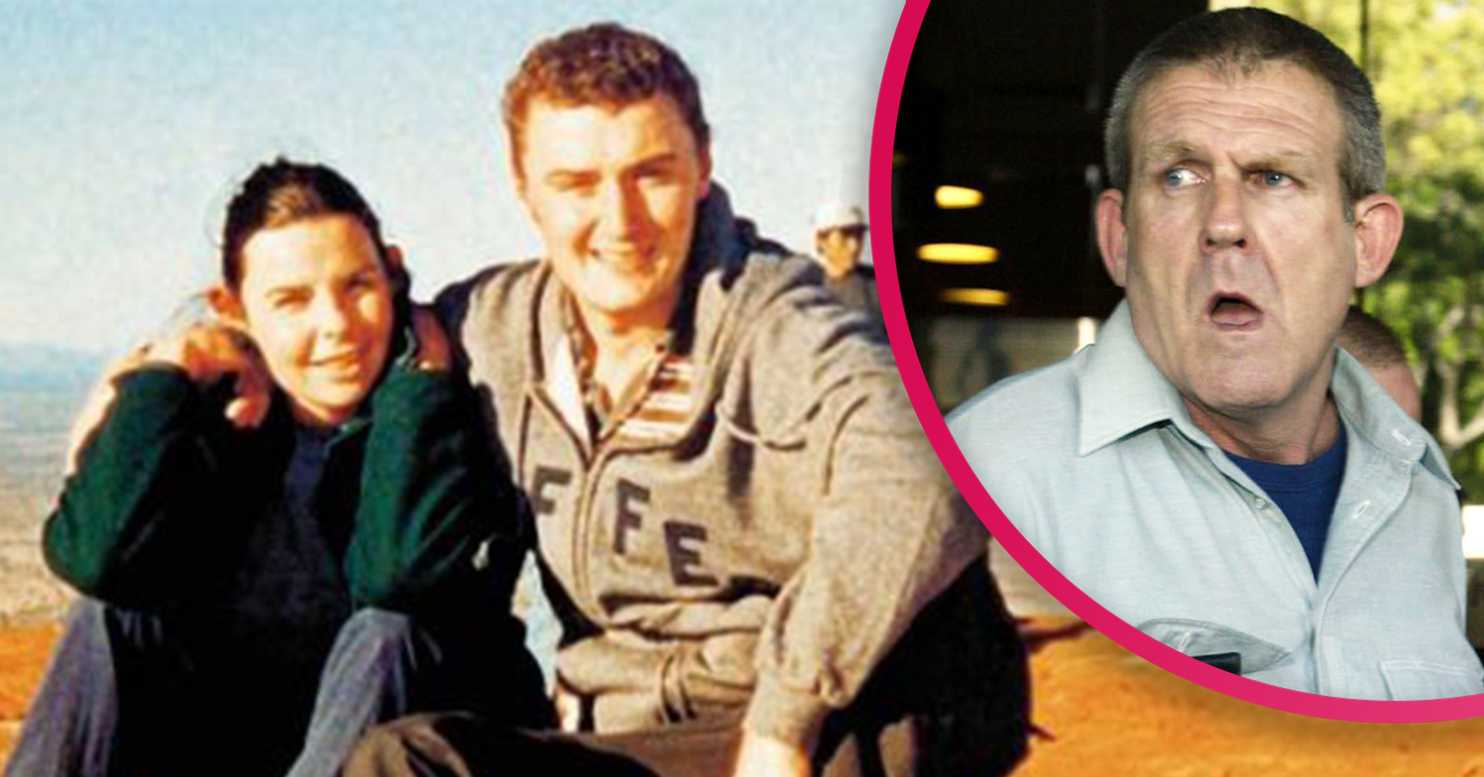A New Opportunity in the Cold Case of Peter Falconio
The death of Bradley Murdoch presents a potential breakthrough in the long-standing cold case of Peter Falconio’s murder, according to a leading forensic anthropologist. This development comes as authorities in the Northern Territory have received new tip-offs following the announcement of a $500,000 reward for information about the whereabouts of Mr. Falconio’s remains.
Murdoch passed away overnight on Wednesday, 24 years after he murdered Mr. Falconio and kidnapped his partner, Joanne Lees, on a remote stretch of the Stuart Highway in 2001. The 67-year-old had been undergoing treatment for throat cancer and had consistently denied his involvement in the crimes. He was set to spend the rest of his life in prison without revealing where Mr. Falconio’s body was located.
Following the news of Murdoch’s death, Xanthe Mallett, a criminologist from Central Queensland University, expressed that significant changes could have occurred over the past 24 years. She suggested that individuals who may have known something about the case might now feel more comfortable coming forward.
“There’s always the chance that Bradley Murdoch would have shared some information, and people wouldn’t have been able to share that until he’s dead,” she said. “This may be an opportunity.”
Dr. Mallett also highlighted the possibility of using DNA evidence, which can remain active for decades depending on how it is preserved. If human remains are found in the bush, there is a high likelihood that DNA could be extracted from bones or teeth. If this DNA matches records, it could help identify Mr. Falconio.
“Finding those remains in the first place is going to be the key challenge,” she added.
NT Police Remain Committed to Solving the Case
In a statement acknowledging Murdoch’s death, the Northern Territory Police Force expressed their deep regret that he died without disclosing the location of Mr. Falconio’s remains. They reiterated their commitment to resolving the final piece of the investigation.
“We continue to appeal to anyone who may have information that could lead us to Peter Falconio’s remains to come forward, no matter how small the detail may seem,” the statement read.
Last month, the police announced the $500,000 reward, expressing hope that the increased incentive would encourage people to provide leads. Acting Commander Mark Grieve noted that someone may have confided in family or friends, and the reward could serve as a way to reach those individuals.
Despite the reward, investigators have yet to verify the tips they have received. A spokesperson for the Northern Territory Police Force confirmed that they had received information but emphasized that it has not been verified.
Family Holds Out Hope
Peter Falconio’s parents, Luciano and Joan Falconio, stated in a public message that they still hold out hope for finding their son’s remains. They had initially hoped that Murdoch would reveal the location before his death. While they felt relief at his passing, they acknowledged that they now focus on their remaining family members.
“We didn’t have much faith, but we were hoping Bradley John Murdoch would reveal where Peter was before he died,” they said. “Even now we still hold out hope that his remains will be found.”
They also expressed gratitude to the Northern Territory Police for their ongoing efforts and support.
Challenges in the Search
During Murdoch’s sentencing in 2005, Chief Justice Brian Martin mentioned that the killer had transported Mr. Falconio’s body into his vehicle before dumping it somewhere between Alice Springs and Broome—a distance spanning almost 1,700 kilometers.
Dr. Mallett noted that the vast area makes recovery of remains challenging unless someone comes forward with specific information. With the 25th anniversary of the crime approaching, she warned that without additional intelligence, finding Mr. Falconio’s remains would be extremely difficult.
Initial search efforts in July 2001 involved line and motorbike searches, as well as aerial searches 60 kilometers north and south of where Mr. Falconio was last seen alive. Extensive searches were conducted again in 2005.
Dr. Mallett said the increased scrutiny on the case following Murdoch’s death would be a difficult time for Mr. Falconio’s family. She urged people to remember Joanne Lees, who lost her partner and faced public vilification during the case.
“This will be a very hard time for people who knew and loved Peter, and I’m just sorry that they didn’t get any answers before Bradley Murdoch died.”







